4 Things Families Should Know about Joker
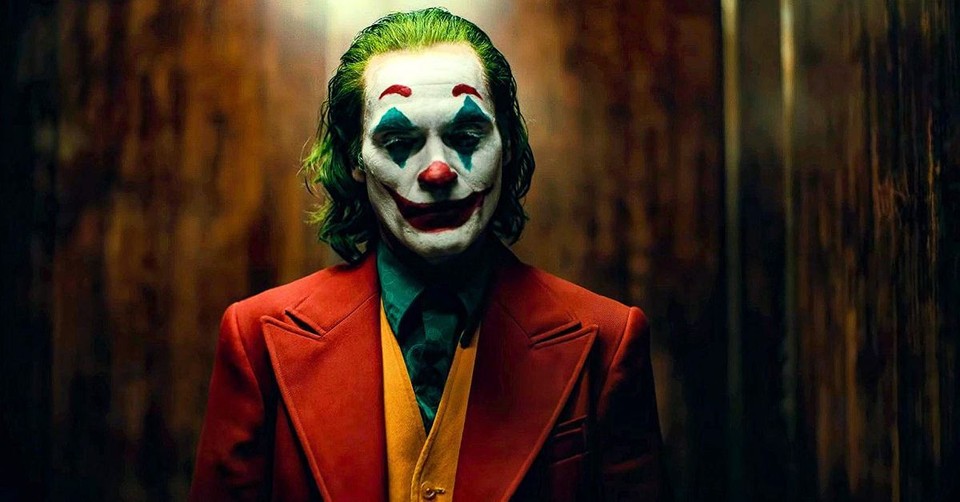
Arthur Fleck is a troubled man living in the troubled city of Gotham. Sanitation workers are on strike. Garbage is piling up everywhere. More significantly, though, Gotham is in the midst of major social unrest between the rich and the poor.
Arthur is in that latter group. He lives with his mother, Penny, and makes a few bucks working as a clown for a local business. It’s a job he enjoys – yes – but it’s also a job he’s had trouble keeping. Perhaps it’s due to bad luck. Or maybe it’s due to Arthur’s mental health. Or maybe – as Arthur sees it – society opposes his every move.
Whatever the case, Fleck is ready for his life to improve. He even has goals of being a stand-up comedian.
But then misfortune strikes his life again. And then he falls into a deep state of despondency. And then he considers becoming a supervillain – and killing those closest to him.
Can anything stop him?
The Warner Bros/DC movie Joker (R) opens this weekend, starring Joaquin Phoenix (Walk the Line) as Arthur/Joker, Frances Conroy (The Aviator) as his mother, and Robert De Niro (Raging Bull) as talk show host Murray Franklin.
Here are four things you should know:
Warning: spoilers ahead!
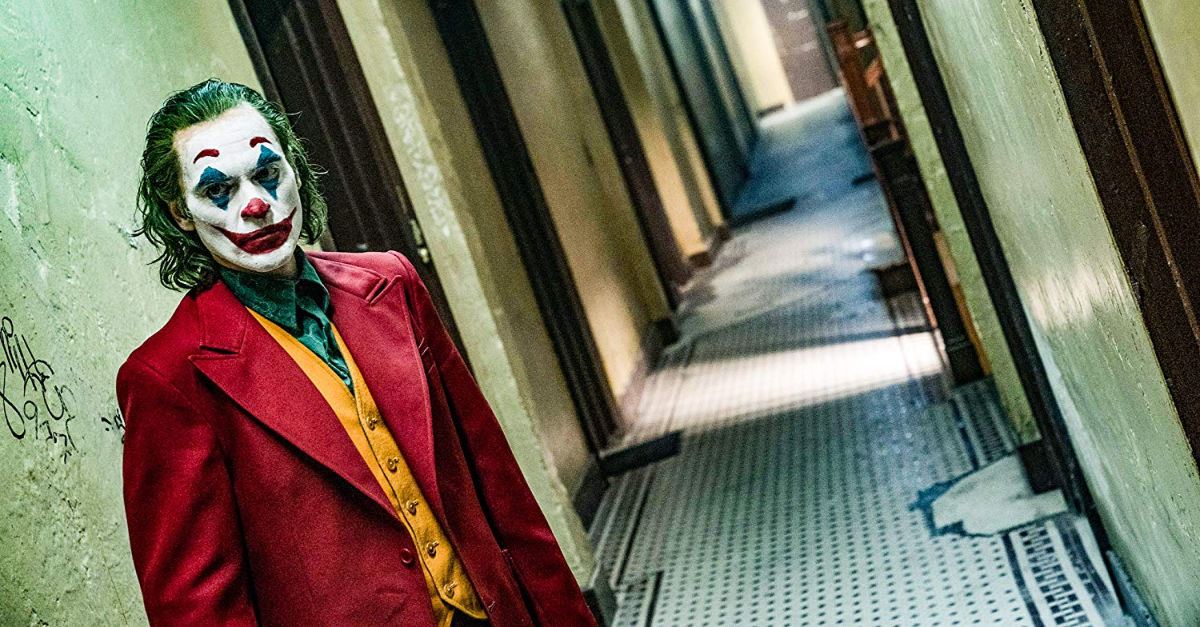
1. It’s Ultra-Violent (And Ultra-Disturbing)
Some movies only imply that a violent murder occurred. Joker, though, shows the murders in excruciating detail. In the film’s most troubling scene, Joker stabs a man in the face and then beats his head against a wall, over and over, until his victim is dead. Blood splatters everywhere – on the wall, on the floor and on Joker’s face. Elsewhere in the movie, Joker shoots a man in the forehead. (We see that.) He shoots and kills three people on a subway. (We see that.) He smothers someone to death. (We see that, too.)
When the film isn’t violent, it’s disturbing. Joker, as Arthur Fleck, laughs uncontrollably, no matter the circumstance. He makes everyone around him uncomfortable – as if he’s about to snap any second. An eerie undertone flows through the movie, supported by a cello-heavy score.
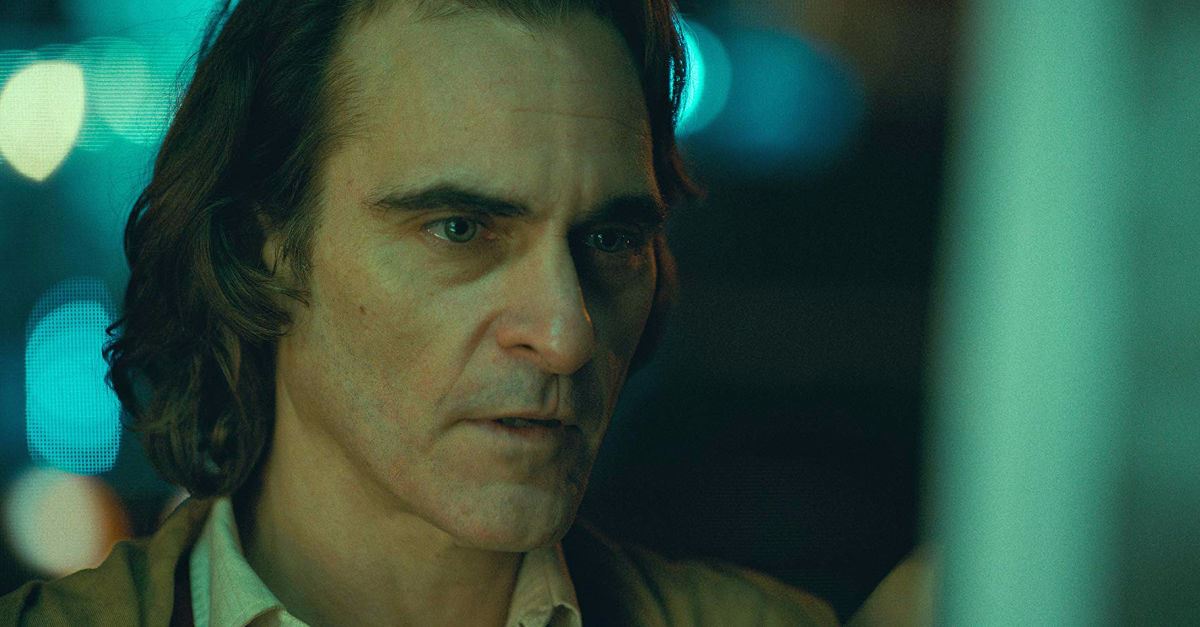
2. It Delivers a Message about Mental Illness
That message: People with mental illness need help. Closely related: The government should do more to assist people in that condition.
Arthur often meets with a social worker. He also takes medicine on a regular basis – seven pills to be exact. It’s government-funded. But midway through the movie, Gotham cuts its budget and shuts down the clinic.
“They don’t give a s--t about people like you, Arthur,” the social worker tells Arthur.
“How am I supposed to get my medication?” Arthur asks.
The answer: He won’t.
By then, Arthur already had killed three people. Would his killing spree have stopped if the budget hadn’t been cut? We don’t know. But the film wants us to consider the question. As Arthur writes in his "joke journal," "The worst part about having a mental illness is people expect you to behave as if you don't."
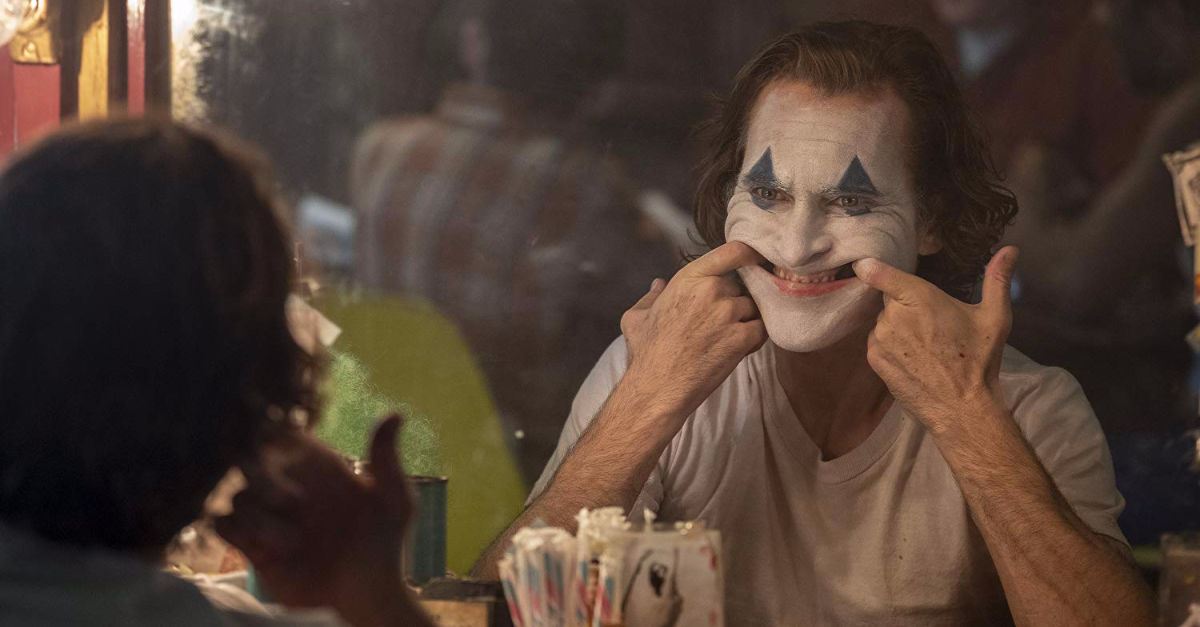
3. It Turns the Joker into a Sympathetic Character
The film is the backstory of Batman’s nemesis. Thus, we learn why the Joker is as deranged and as murderous as he is. Arthur was tortured and beaten as a child. As an adult, he is bullied and ridiculed. Twice, we watch street punks beat him.
“I haven’t been happy one minute of my entire [expletive] life,” he tells someone. It’s a tragic story with an even more tragic ending. Before the credits roll, we learn that only one person has been kind to Fleck.
I wasn’t cheering the Joker’s murderous exploits, but I fear some people will.
The Joker, though, isn’t unique, even if he is over the top. Many sad endings had sad beginnings – parents who didn’t love their child or neighbors who didn’t care.
Scripture teaches we are responsible for our own actions. But that doesn’t mean a person’s environment won’t have an impact. A person raised without love will have trouble loving. That’s where the Gospel comes in: It’s the grace-filled cure to a hate-filled society. It’s the Good News for those who have lived a life full of pain.
All around us, every day, are people who are silently suffering from invisible wounds. They need our help – a smile, a compliment, a bit of encouragement, and, yes, the message of Christ.
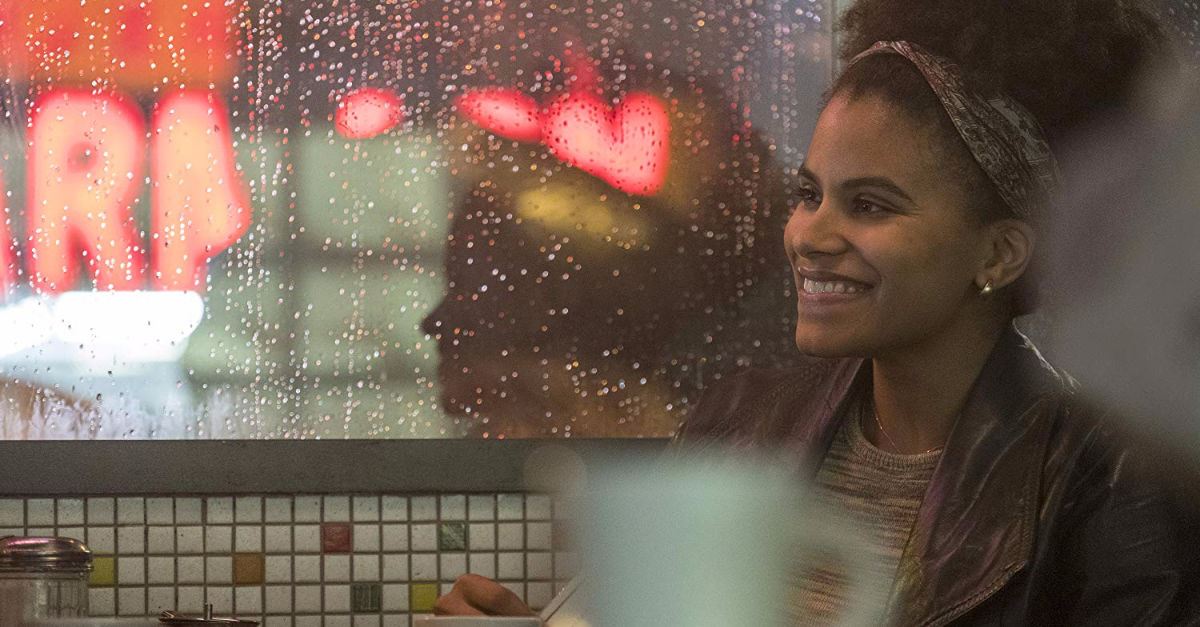
4. It Is Controversial – and It's Not for Children
Joker earns its R rating – so much so that cinema chain Alamo Drafthouse is warning parents: “It’s not for kids, and they won’t like it, anyway.” True, the famous green-haired villain is seen in plenty of Batman movies. But the Dark Knight doesn’t make an appearance in Joker, which is closer to being a serial killer movie than a superhero flick. (And we haven’t even discussed the language, which includes about 25 f-bombs.)
Then there’s this: Will the movie spark violence from a few disturbed individuals who see a reflection of their own troubled lives in that of Arthur Fleck – and who seek revenge on society like he did? As the Joker tells everyone, “You decide what’s right and wrong.”
Tom Snyder of MovieGuide told Crosswalk he does, indeed, see how a “deranged person” could watch the film and follow in Fleck's footsteps. “The vast majority of viewers won’t be affected in this way, but a few might,” Snyder said.
Artistically, Joker is well-done. Phoenix is impressive. But Joker is a dark form of art with no redemption, no heroes and too much blood. That’s not my cup of tea.
Michael Foust is a freelance writer. Visit his blog, MichaelFoust.com
Entertainment rating: 2.5 out of 5 stars
Family-friendly rating: 1 out of 5 stars
Rated R for strong bloody violence, disturbing behavior, language and brief sexual images.
Photos courtesy: Warner Brothers/DC Comics
Originally published October 04, 2019.







